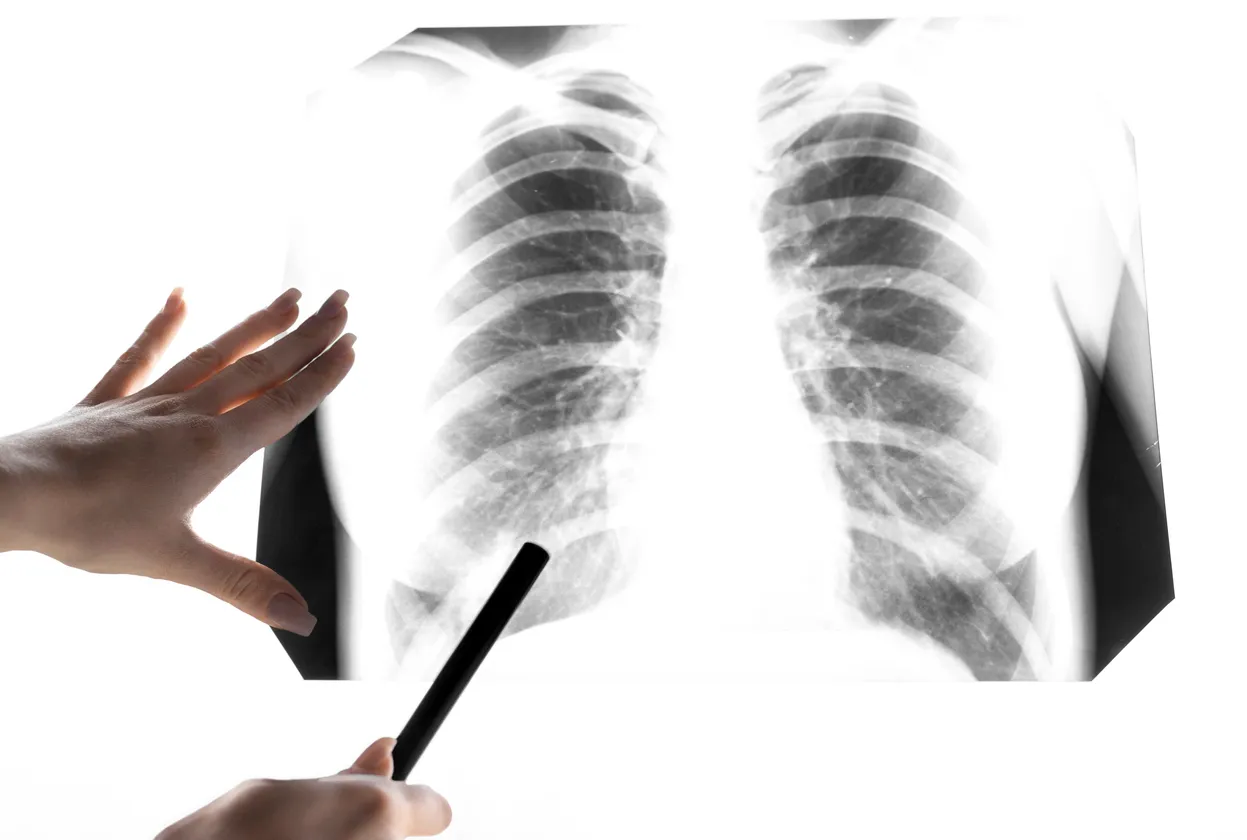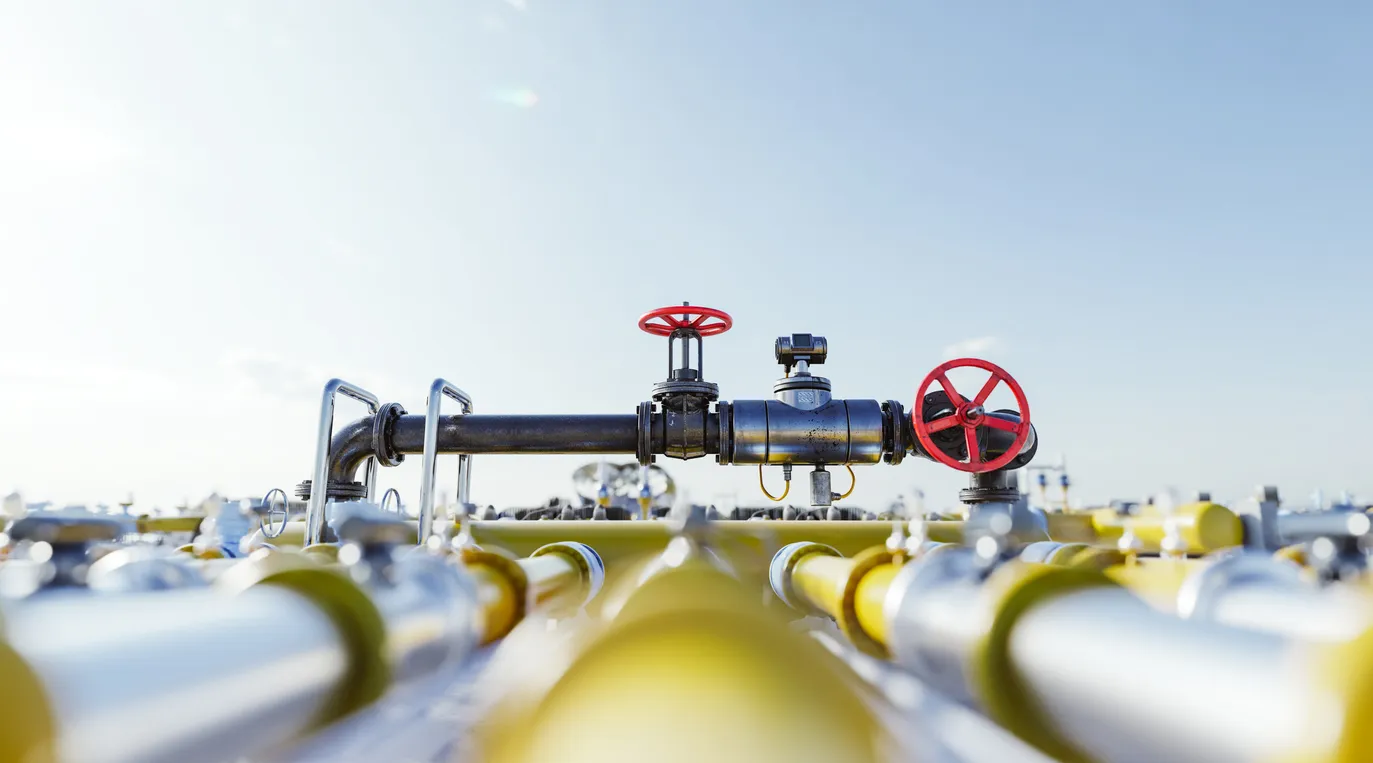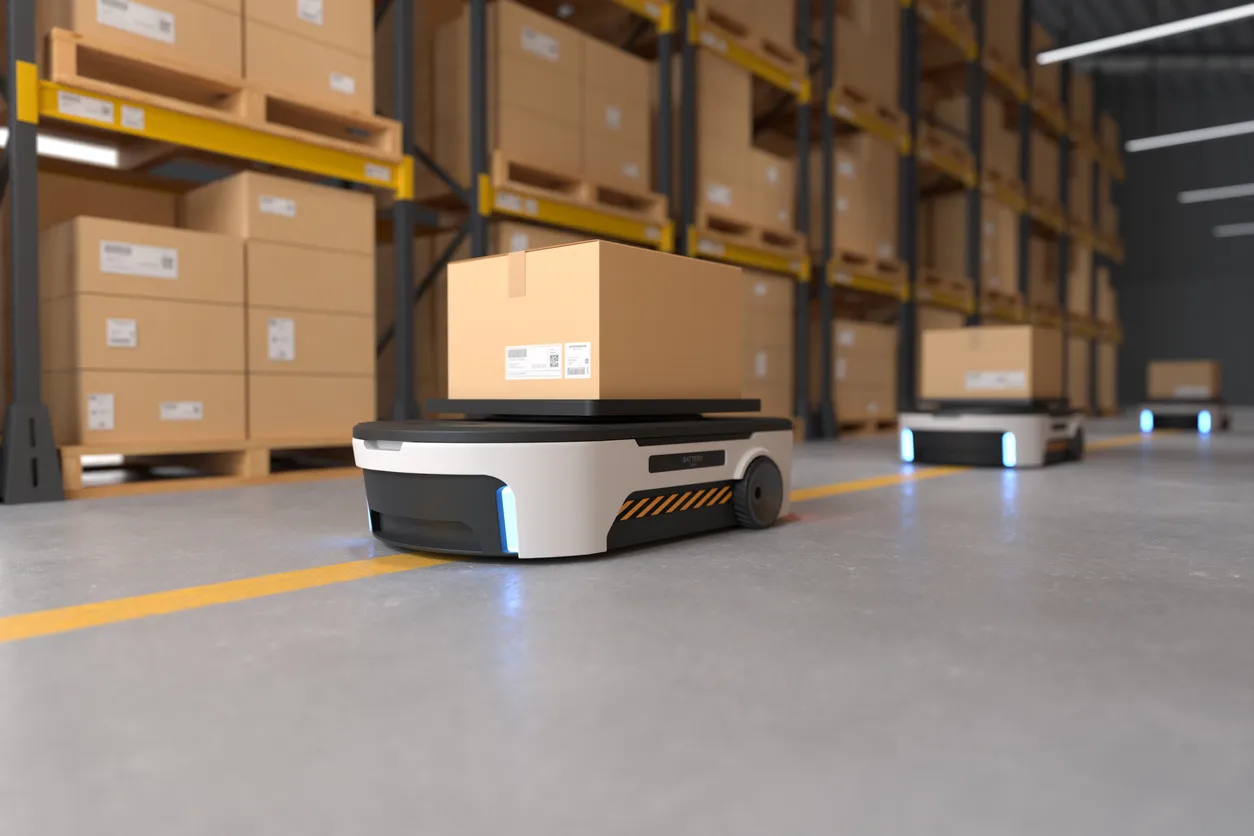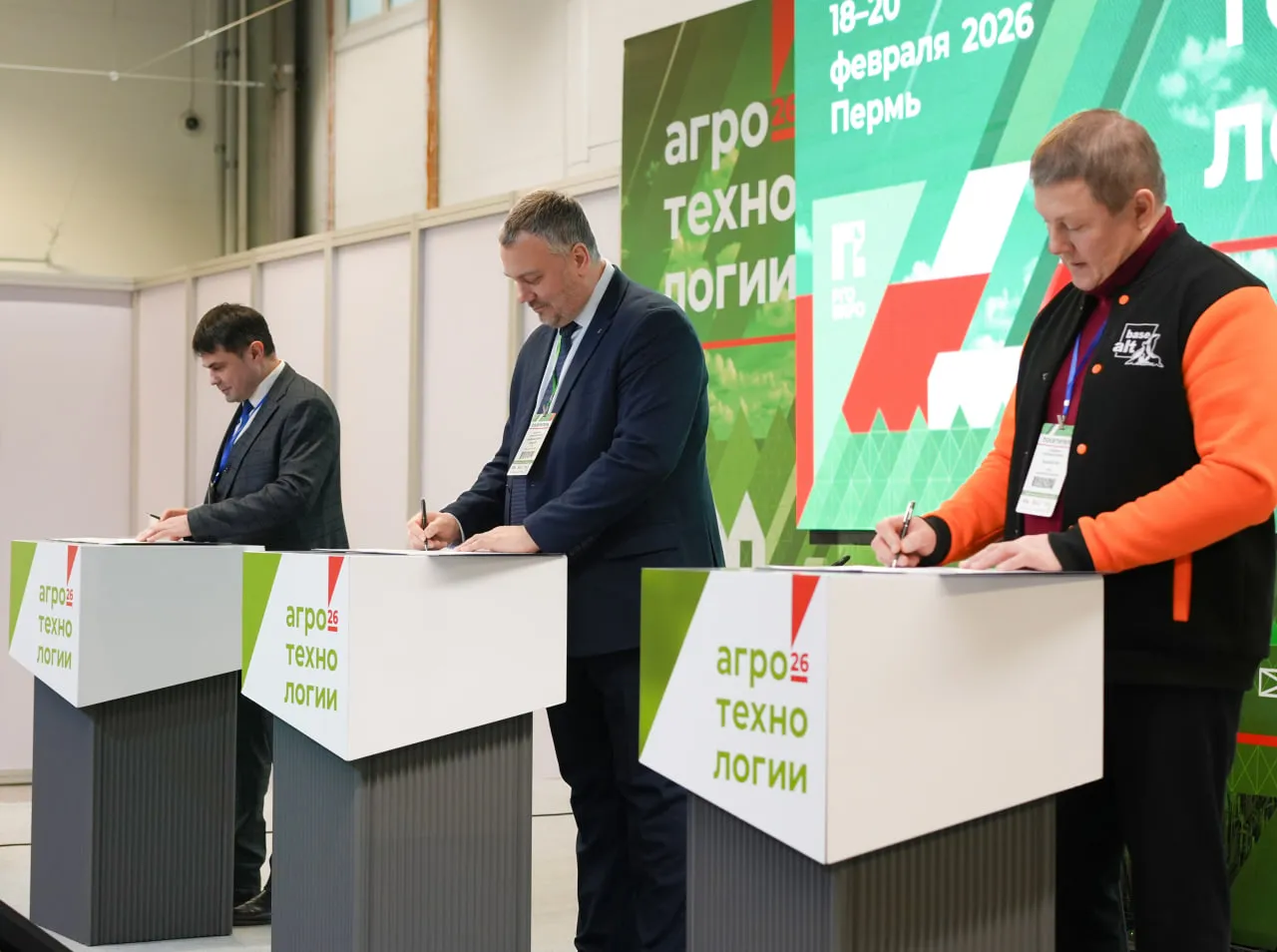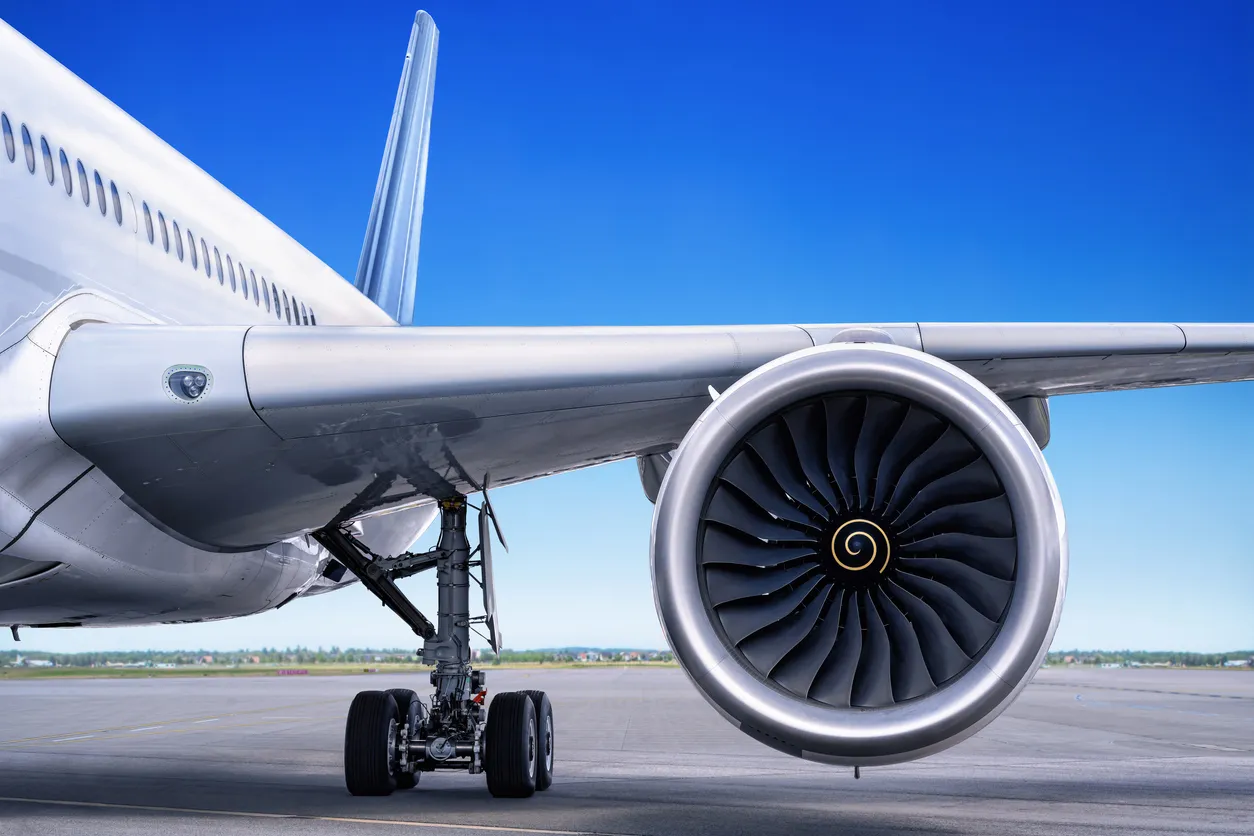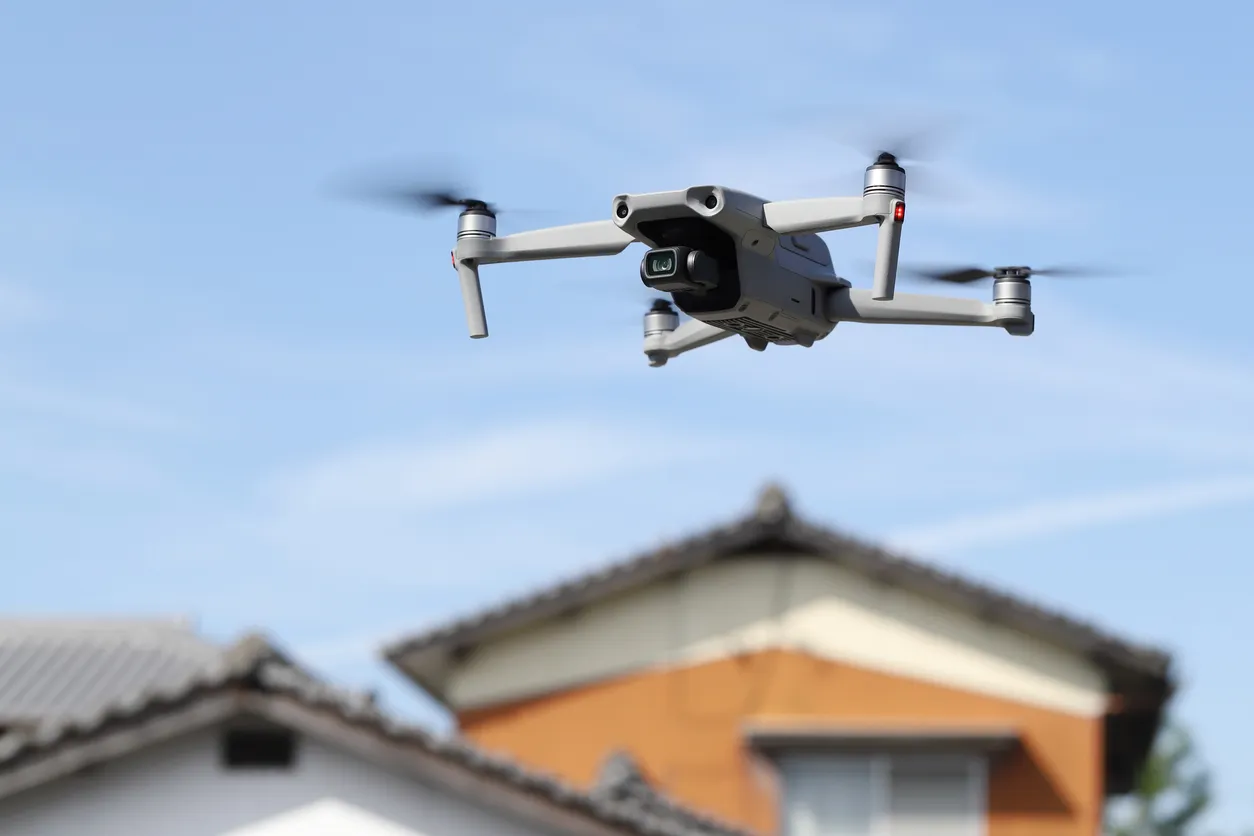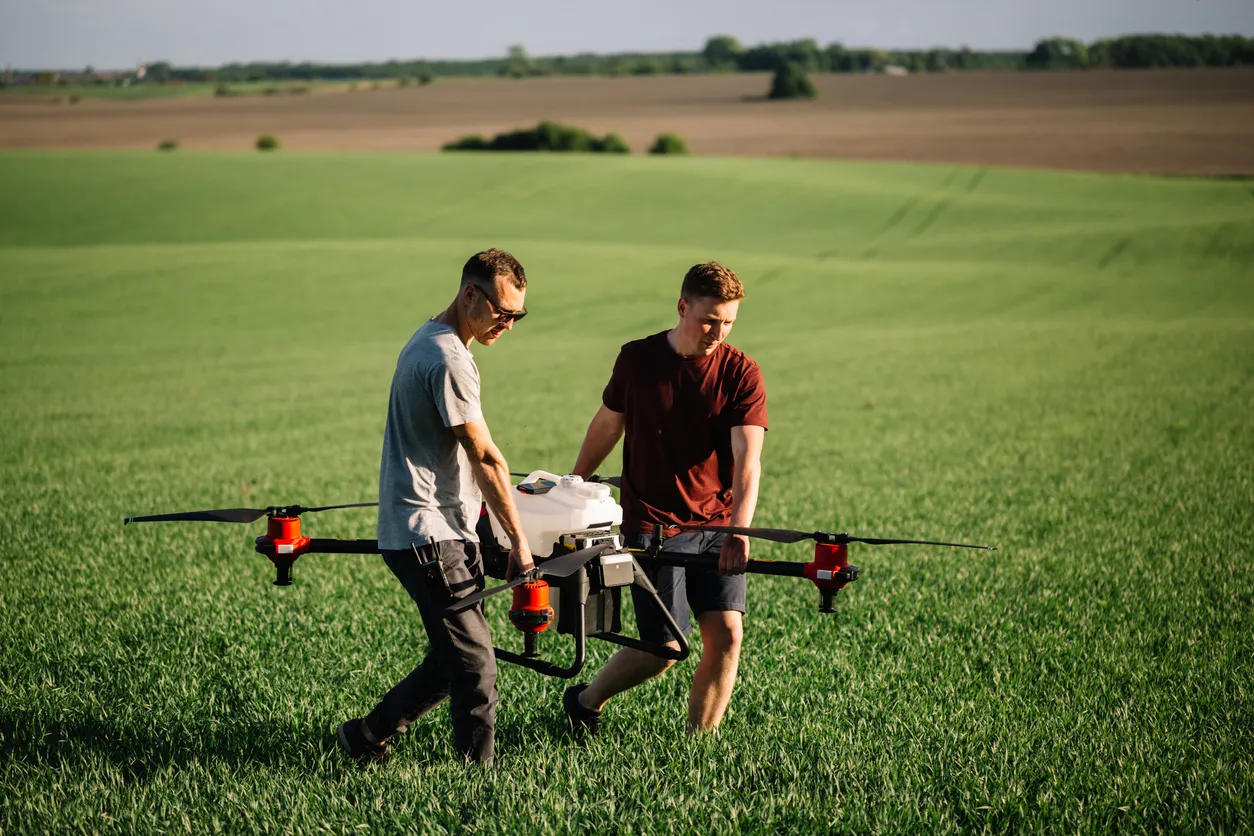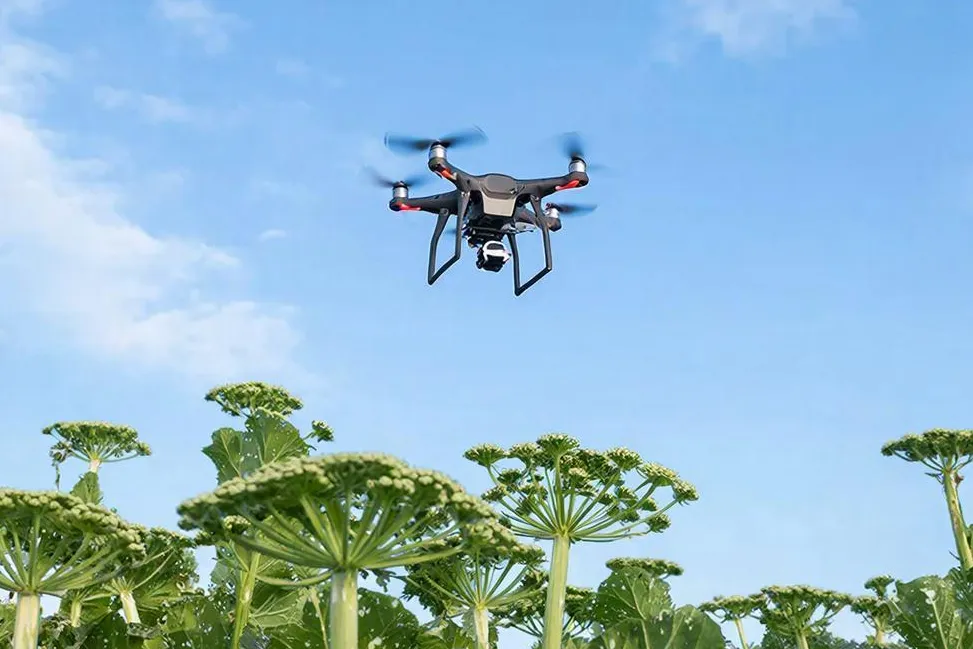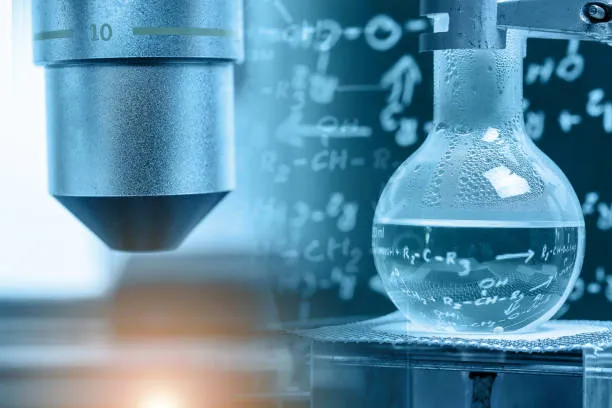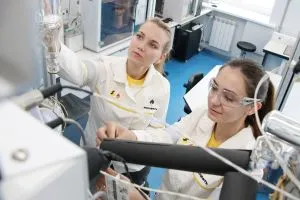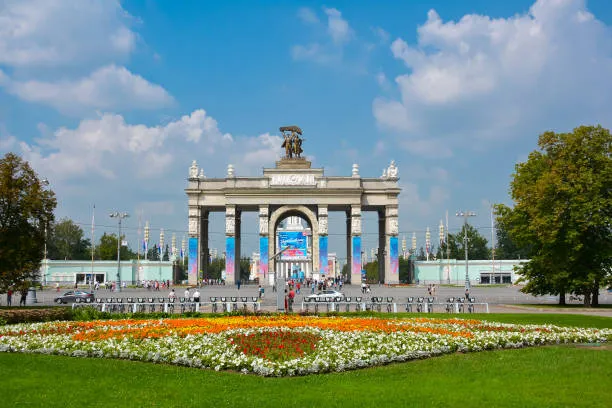In Russia, AI Is Becoming a “Laboratory” for Chemists and Materials Scientists
Artificial intelligence is rapidly becoming a powerful “laboratory” for Russia’s chemists and materials scientists, accelerating research cycles and enabling breakthroughs that once required months of experimentation.
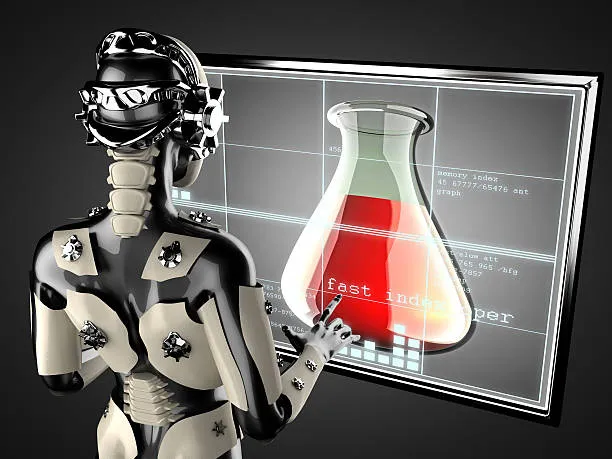
AI Accelerates Scientific Research
The role of artificial intelligence in Russia’s scientific community continues to grow. Its primary advantage is speed: research cycles that previously required months of experiments can now be completed in a fraction of the time.
According to data presented at the plenary session of the “Artificial Intelligence in Chemistry and Materials Science” forum, the number of scientific papers dedicated to AI has nearly doubled in recent years, while publication output has increased more than fivefold. Deputy Minister of Science and Higher Education Denis Sekirinsky, speaking at the event, emphasized that in a competitive global technological environment, it is crucial to strengthen digital infrastructure — specifically, large datasets and computing capacity necessary for AI-driven scientific work.
One notable example of successful AI implementation is the project led by the N. D. Zelinsky Institute of Organic Chemistry of the Russian Academy of Sciences. Using digital tools, researchers developed a new approach to creating nanostructured catalysts. These materials demonstrate activity levels surpassing global analogues and offer new opportunities for accelerating industrial chemical processes.
Major Prospects Ahead
In the coming years, several pilot industrial sites will be created as part of the national project “New Materials and Chemistry.” The selection of participants is expected to be completed by the end of 2025.
These initiatives strengthen the nation’s research foundation and make advanced digital methods more accessible to scientists working at the intersection of chemistry, materials science, and artificial intelligence.


